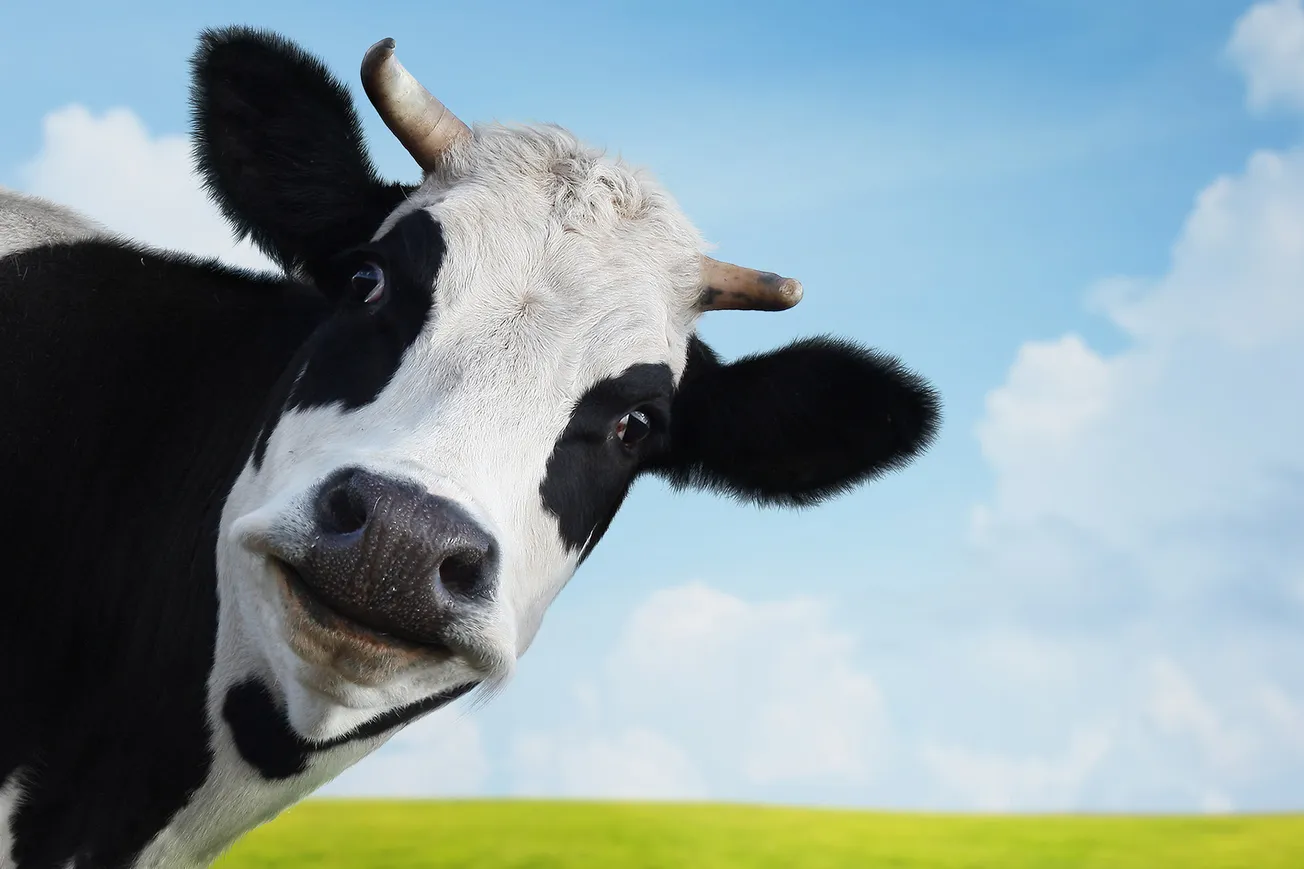Table of Contents
Fred Too
We are still hearing how our farm animals produce this terrible gas called methane (mainly from belching), which is allegedly helping to heat up the atmosphere. Methane is supposedly much more potent than carbon dioxide at causing global warming, although it decays over several decades back into carbon dioxide.
We are meant to be trying to reduce the methane output of our farm animals as part of the battle against climate change.
Some people have tried to show how little effect methane and, even more so, methane from New Zealand’s farm animals, can possibly have on the climate. This seems a sound argument.
However, fundamental physics is even more basic. You cannot create something out of nothing. Farm animals cannot create more carbon than there was in the inputs that raised those animals.
Carbon is a basic building block of life. Every living thing, or thing that once was living, contains carbon. For example, the proteins in meat are made up of carbon chains that also contain hydrogen, oxygen, sulphur and nitrogen. The fibre in wool is keratin, and keratin is 50% carbon.
Think about the life cycle of the average farm animal, starting when it starts to eat grass. The grass grows using moisture and nutrients in the soil plus carbon dioxide from the air. The animal digests the grass and belches some methane during the process along with breathing out carbon dioxide. But some of the carbon goes into growing the animal – growing flesh, bones and organs. Plenty of carbon of course also comes straight out as components of its poop.
If the animal is raised to be eaten, the carcass is turned into meat and various other products. The hide is likely to be used to make leather and some of the blood and bones might be made into blood and bone fertiliser. The meat is eaten and leftovers from that process end up in the sewage system, which in turn produces sludge that goes into a landfill.
The result is similar if the animal produces milk that is made into edible dairy products. If the animal produces fibre like wool then that is a product containing lots of carbon that will hang around for a while longer.
With our farm animals, the end result is that they and their outputs end up in the earth, either in plants, as part of the soil itself or as something buried in a landfill. Sure, the animal belches plenty of methane over its lifetime, but the animal must consume more carbon than what is in the methane it belches.
Everything else being equal, every extra animal must eventually reduce the net amount of carbon in the atmosphere as the net result is extra carbon in the ground. Methane is transitory and any produced today (or even in the next 50 years) won’t be around at the end of the century when we are supposedly going to suffer climate Armageddon.
Admittedly there are some farm inputs that are not grown and come from hydrocarbons, like artificial fertiliser and fuel for farm machinery. This means that the farm animal life cycle is not quite pure, but the extra inputs are relatively minor for New Zealand farmers compared to the livestock outputs.
It is impossible for farm animals by themselves to be net creators of greenhouse gases over a full life cycle!









